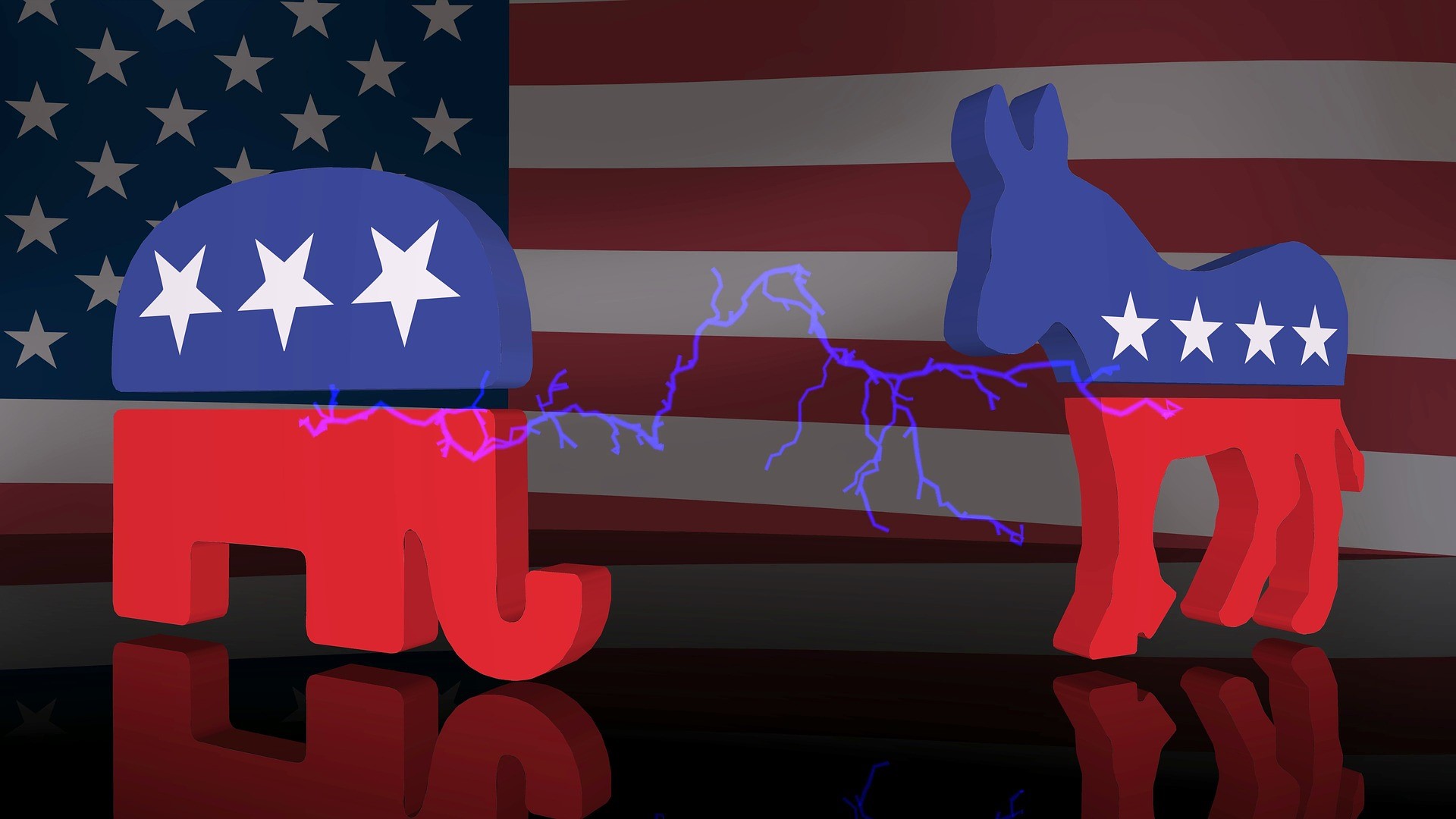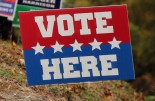La Française: Commentary on US midterm elections
La Française: Commentary on US midterm elections

By François Rimeu, Senior Strategist, La Française AM
Looking back at history, midterm elections in the United States are statistically a turning point for financial markets and especially for equity markets.
- US equity markets have historically underperformed during the year leading up to midterm elections. The average 12-month return of the S&P 500 preceding midterm elections is close to 0, significantly lower than the historical average of 8.1%.
- The post-midterm election period is a very different story with the S&P 500 outperforming over the 12-month period following a midterm election, with an average return of 16.3%. This is especially true for the one and three-month periods following midterm elections.
The real question we need to ask ourselves is “is this data relevant or just mere coincidence?” We are inclined to believe that it is mere coincidence for two reasons:
- Assuming that elections remove uncertainty, it would make sense for equity markets to rebound in the absence of uncertainty. However, this observation is inconsistent with the fact that the outcome of midterms elections (Democrats versus Republicans) has no noticeable impact on overall equity market performance.
- Looking at the data, we can also see that negative pre-midterm market returns dominated in the 1960s and 1970s. If you exclude this period from the analysis, the average 12-month return of the S&P 500 preceding the midterm election is roughly in line with average annual performance of the index.
Looking at the possible outcomes of 2022 midterm elections, it seems that the most likely outcome on November 8th will be that Democrats retain the Senate and Republicans win the House of Representatives. Historically, this scenario leads to series of procedural actions, partial government shutdowns and fights over the debt ceiling, which basically translates into inaction.
The next most likely scenario will be that Democrats win both chambers, which could lead to increased spending with further “Build Back Better” legislation related to federal student loans, green climate infrastructure or childcare.
In the least likely scenario, where Republicans would gain the majority in the House and Senate, Republicans would probably attempt to pass legislation on taxes and immigration but without a super majority (60 seats), they would face Democrats using the Filibuster rule.
Financial market commentators may use midterm elections to explain the moves occurring on the US equity market around November 8th, but this, in our view, is mostly “noise” which has little to no impact over the long term. At the most, Democrats winning both chambers would probably lead to higher spending which could in turn lead to higher rates and a higher US dollar.




